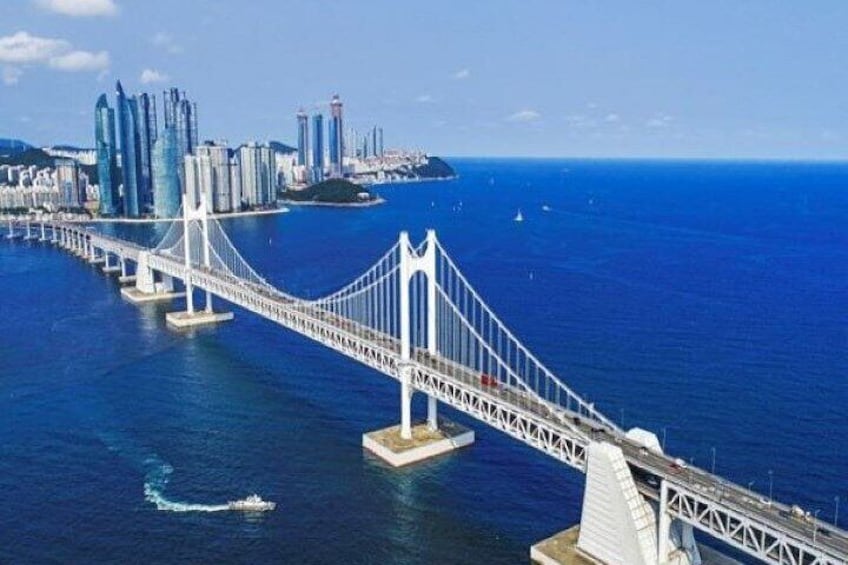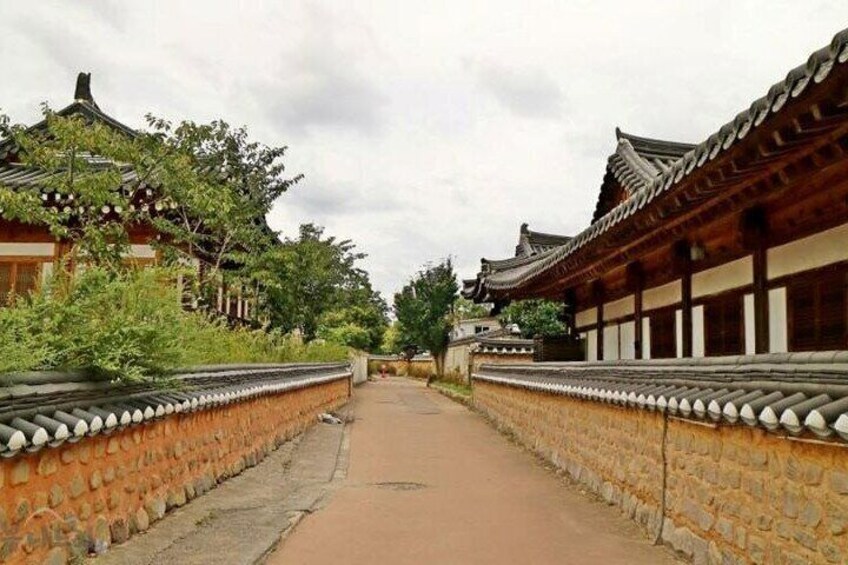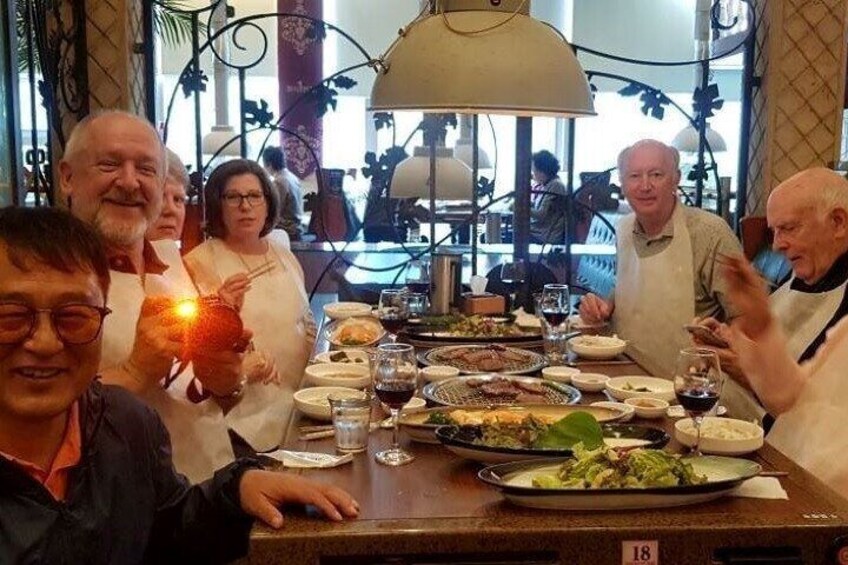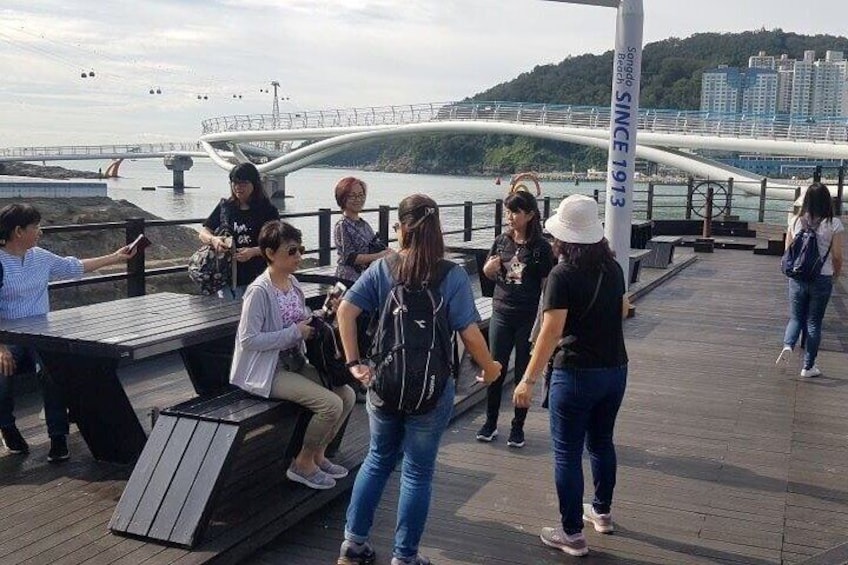




2-Day Busan and Gyeongju Highlights
By Frank Yi
Free cancellation available
Features
Overview
Activity location
Meeting/Redemption Point
Check availability
Korean driver without Guide in Multilingual
Sedan, Mini Van, Mini Bus: Small, Large Group with Korean driver ( Simple English )
Pickup included
Price details
P 62,747.30 x 1 AdultP 62,747.30
Total
With Guide (1-7pax) in Multilingual
Sedan, Mini Van: Small-private Group with a Guide or driving guide
Pickup included
Price details
P 68,451.60 x 1 AdultP 68,451.60
Total
With Guide (8-15pax) in Multilingual
Large Van, Mini Bus: Large-private Group with a Guide or driving guide
Pickup included
Price details
P 18,824.19 x 8 AdultsP 150,593.52
Total
What's included, what's not
Know before you book
- Wheelchair accessible
- Infants and small children can ride in a pram or stroller
- Public transportation options are available nearby
- Transportation options are wheelchair accessible
- Suitable for all physical fitness levels
- Please advise any specific dietary requirements
- At the time of booking Minimum, 2 people numbers apply. There is a possibility of cancellation after confirmation if there are not enough passengers to meet the requirements. In the event of this occurring, you will be offered an alternative or full refund
- Meet up point: Customers are requested on time and location and we will pick- your up in front of the exit gate with your name picker.
- Please let me know your total travel luggage before arriving at the airport and train station if you can possible.
Activity itinerary
Location
Activity location
Meeting/Redemption Point
Best Deals on Things to Do
Experience the wonders of the world up close with great deals on things to do near and far. Expedia offers one-of-a-kind activities that allow you to explore Yonggung-gil your way. Whether you love nature, culture, food, or a bit of adventure, we have the perfect activity for you.
Top Experiences in Yonggung-gil
With so many things to do in Yonggung-gil, planning the perfect day out may seem like a daunting task. Expedia is here to take the hassle out of finding the best attractions, tours, and activities in Yonggung-gil. Families, couples, and business travelers can all find the perfect activity in Yonggung-gil to create life-long memories with the help of Expedia.